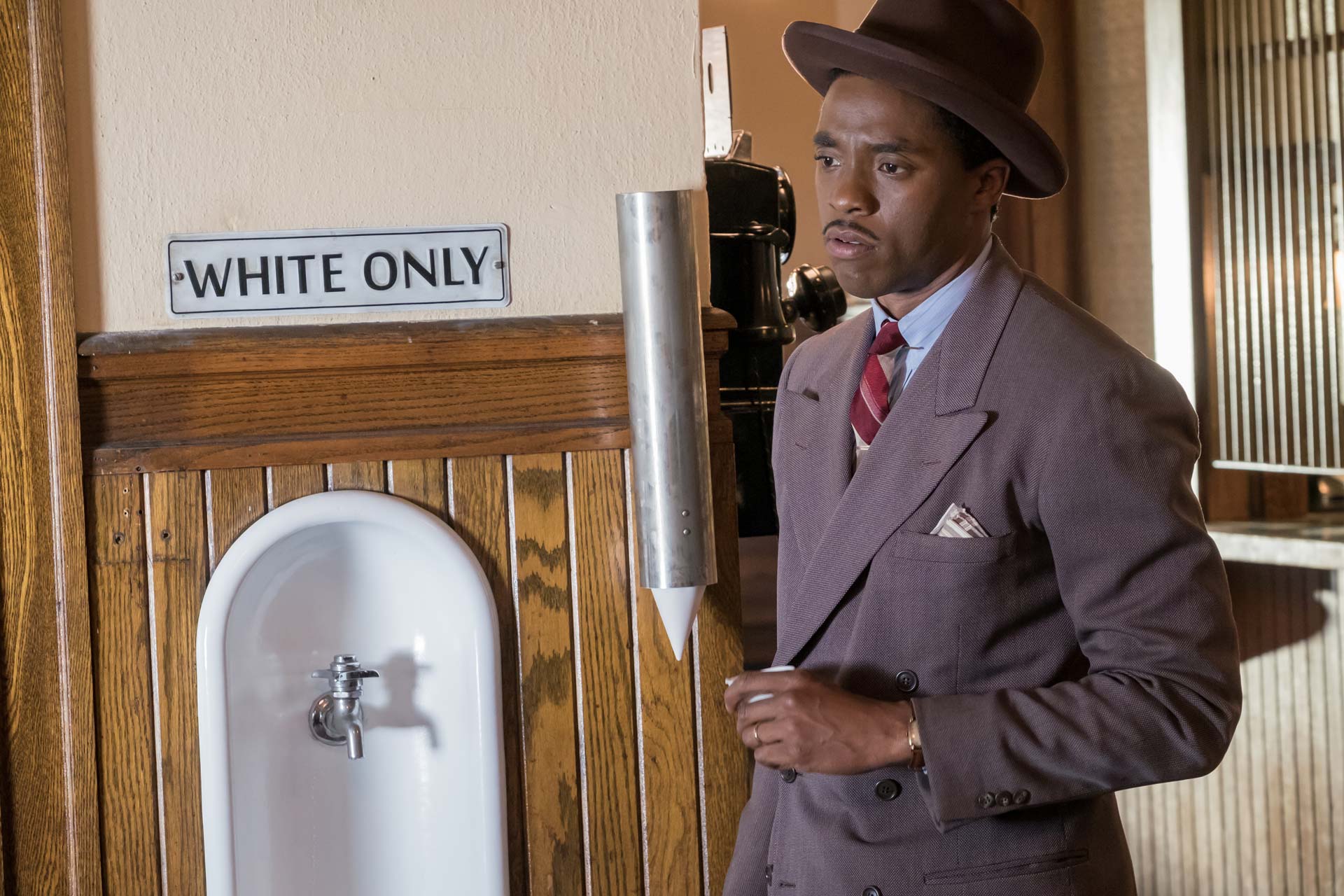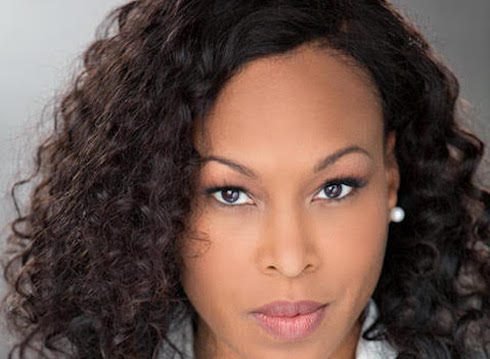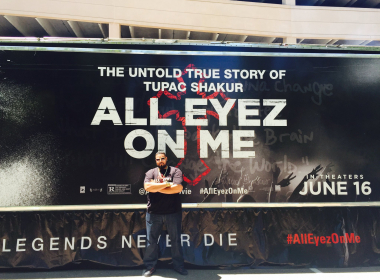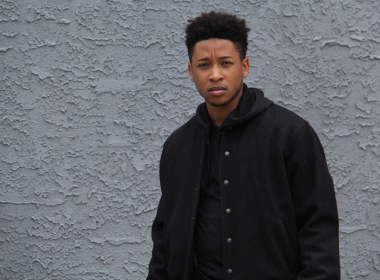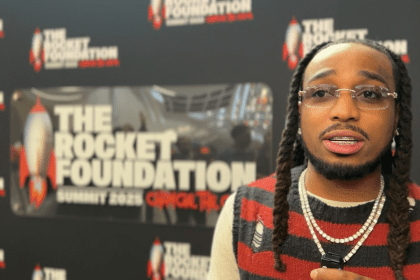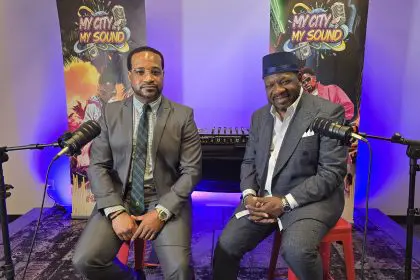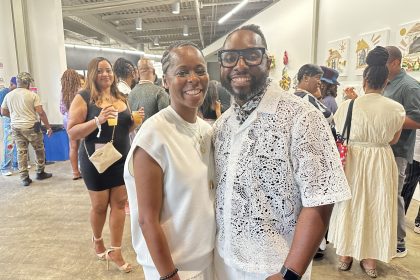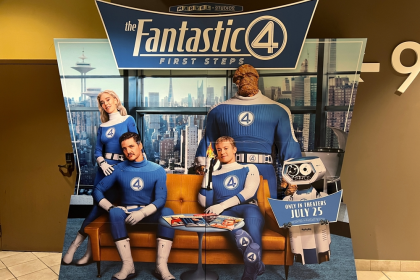
It’s hard to believe the story about Richard and Mildred Loving has gone unscripted for so long. It’s been nearly 50 years since the Supreme Court of the United States declared Virginia’s anti-miscegenation statute, the “Racial Integrity Act of 1924”, unconstitutional, as a violation of the 14th Amendment’s Equal Protection Clause.
The case of Loving v. Virginia ended in a landmark civil rights decision of the U.S. Supreme Court, which invalidated laws prohibiting interracial marriage.
The law designed to control free Blacks as part of the Black Codes – laws passed in the Southern states in 1865 and 1866 post the Civil War to preserve slavery – disallowed intermarriage, miscegenation and cohabitation even though the 13th Amendment to the United States Constitution had been passed by the Senate in April 1864 and the House in January 1865 and declared slavery and involuntary servitude illegal and unconstitutional.
The film Loving tells the story of Richard and Mildred Loving, a white man and Black woman who fell in love and married in 1958. Their home state of Virginia sought to end their love story by first jailing and then banishing them, and it became a landmark Supreme Court case and important victory in the Civil Rights battle.
The Jeff Nichols-directed film stars Joel Edgerton as Richard and Ruth Negga as Mildred. Neither of them is native American so preparing for their roles required history lessons.
“I read scenes from the script and watched Nancy Buirski’s documentary, The Loving Story, which is fantastic is full of contemporary footage of the Lovings. And it gives you a sense of that time and place. It was informative on many levels. I locked myself in my hotel room because I was filming something else. I watched it over, and over, and over again,” shares Ruth, who’s of Ethiopian and Irish descent, and lived most of her life in London.
Edgerton also watched the documentary and was fascinated by the triumphant story. “It was a nine-year oppressive situation. You don’t really know about Richard and Mildred but know Martin Luther King Jr. and Rosa Parks,” the Australian actor starts.
“This story is about a civil rights and marriage equality and it laid the foundation for what we’re witnessing today.”
As part of their ban from Virginia, the Lovings had to live outside their sleepy hometown in Virginia and take up residence in Washington, D.C. where they reared their three children until Mildred became fed up.
Using their quiet strength fueled by their love, the couple made a series of extraordinary sacrifices to enjoy a life that was ordinary for couples of the same race. Mildred was humble, but not fearful which worked in her favor. Richard cared for her deeply and supported her as long as she was happy.
Loving is an impactful film that showcases the strength of a woman of color who so humbly created a gateway for us to love and marry freely, without court interference.
A native of Little Rock, Arkansas, Nichols’ appreciation for the south and it’s delicate history shines in this film. From the shooting locations to the wardrobe, and especially the dialogue, cinema goers will be immersed in this love story and will not leave the theaters the same.
“People ask my why this story? There was no question in my mind. It’s something we all need to know about,” Nichols explains. “I wasn’t aware of their story. I attended Little Rock High [School] and graduated 40 years after the desegregation crisis in ’57. I felt I was pretty up to speed on civil rights history and to not know about this, it seemed unfortunate and something we should try and correct.”
The Loving’s only living child Peggy has reportedly given the film her blessing and was happy to share that Negga had the “right energy” to portray her mother.
Loving is in theaters Friday, Nov. 4, 2016. Follow the social conversation: #ThisIsLoving

